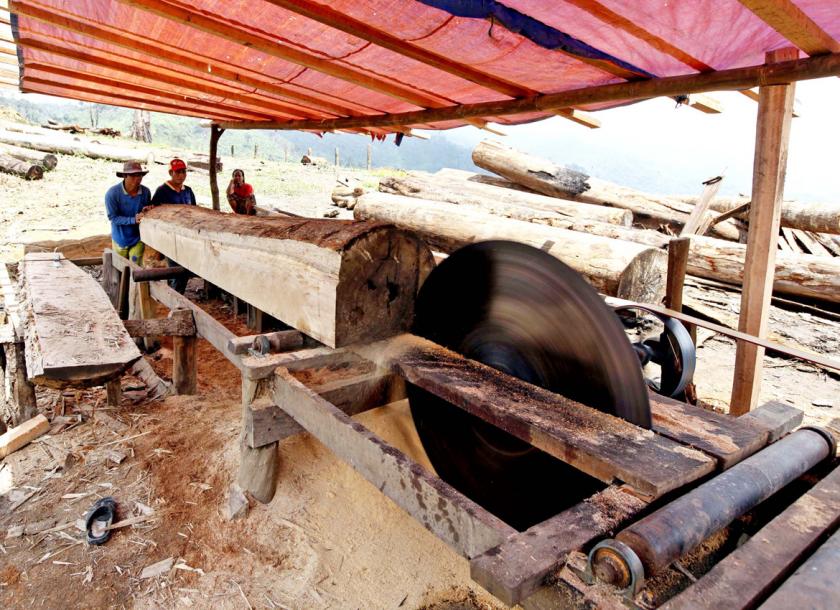Myanmar: More information needed to conduct better EIAs
The biggest challenge for civil society organisations (CSOs) when participating in an Environment Impact Assessment (EIA) process, is the lack of sufficient information about the proposed projects. Another major problem is that many CSOs are not registered and hence not recognised by the General Administration Department, according to the latest polling from the Myanmar Centre for Responsible Business (MCRB) and Vermont Law School (VLS).
The two organisations held an EIA workshop in Yangon last month which was attended by representatives from CSOs from nine states and regions, as well as U Tin Min Htoo, assistant director at the EIA Division of Environmental Conservation Department (ECD) under the Ministry of Natural Resources and Environmental Conservation (MONREC).
The event offered a platform for the CSOs to review the first two years of EIA procedure and the ECD received feedbacks from the representatives on how to improve the EIA process in Myanmar. Participants also discussed how regulators, private sector, and civil society could work together to strengthen the implementation of the EIA system, with a focus on public participation, public disclosure of environmental information and EIA for projects affecting indigenous peoples and ethnic minorities.
Matthew Baird from VLS highlighted evidence that the system is working as it should. For example, three alcohol distilleries in Mandalay Region had been forced to shut down temporarily because they were polluting waterways nearby. The distilleries were not allowed to reopen until they had installed the proper pollution control technologies.
Nevertheless, many challenges remain for both consultants and communities, not least ensuring genuine public participation, and effective analysis of alternatives for a project schedules to reduce identified impacts.
Polling
The organisers conducted a series of polling questions.On “How well do you think the EIA system had been operating in Myanmar since the introduction of the EIA Procedure in December 2015?”, 82pc of the participants identified that “a lot of improvement was needed”.
For “the most important problem that needs addressing for EIA in Myanmar?”, half, i.e. 50pc, of the participants identified the lack of consultation, and 22pc identified failure by projects to compliance with the rules. On “the greatest needs
for CSOs in Myanmar with regard to EIA?” 59pc identified the need for general training on EIA for CSOs and there was also interest in specific training on public participation, and on sectoral issues such as mining and hydropower. Over half of the participants had not read an EIA report.
The biggest challenge for CSOs to participate in an EIA process was not receiving sufficient information about proposed projects (47pc) but another major problem (29pc) was lack of recognition by General Administration Department.
Formal registration is not a legal requirement for community organisations in the country and many CSOs are not registered and hence not receiving invitations to GAD-led consultations
Asked which was the most effective way for communities to raise grievances about the project or its EIA process, 33pc preferred a Facebook page or email contact, 17pc preferred a telephone hotline and, strikingly, no participant believed that raising grievances with a village headman was effective.
This series of questions prompted further discussion related to the regulation of the use of chemicals such as cyanide in mining operations, the impacts of small-scale coal-fired generating stations in factories, the impacts of limestone mining for cement production, the need for more sophisticated testing laboratories in Myanmar, and the overall need for improved public participation in EIA.
Source: https://www.mmtimes.com/news/more-information-needed-conduct-better-eias.html


 Thailand
Thailand




